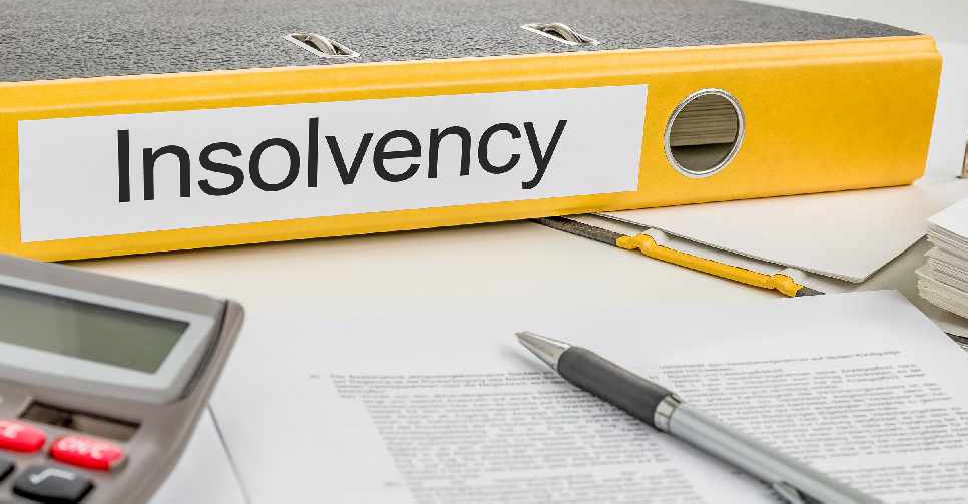
The UAE cabinet has approved a new insolvency law to support individuals facing financial difficulties.
It will protect them from legal prosecution and offer them an opportunity to work and be productive.
According to the national news agency WAM, debtors will be able to settle their financial obligations through one or more experts, to be appointed by the court.
The experts will coordinate with the debtor and creditors to come up with a plan, lasting no longer than three years.
The law, which comes into effect in January 2020, is part of the UAE government's efforts to ensure convenience for citizens and residents, and respond to their needs.
In 2016, the government had adopted a similar insolvency law for companies.
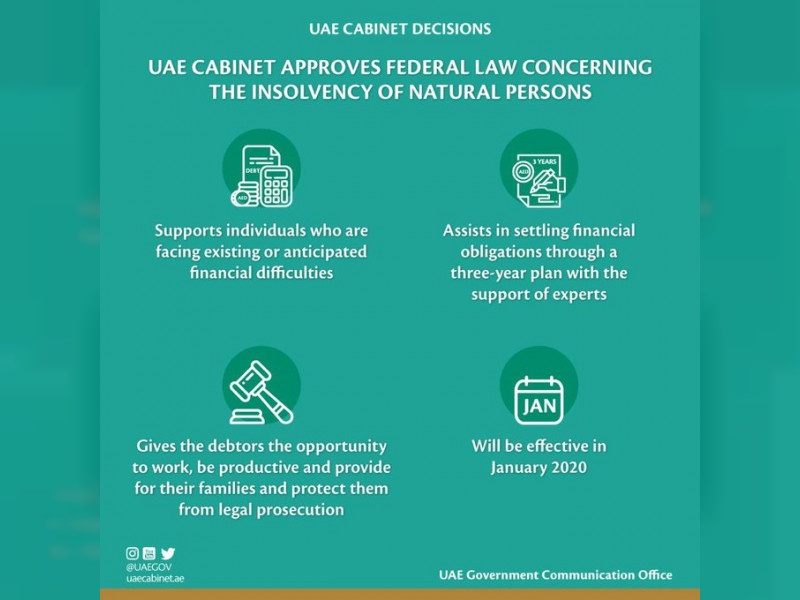

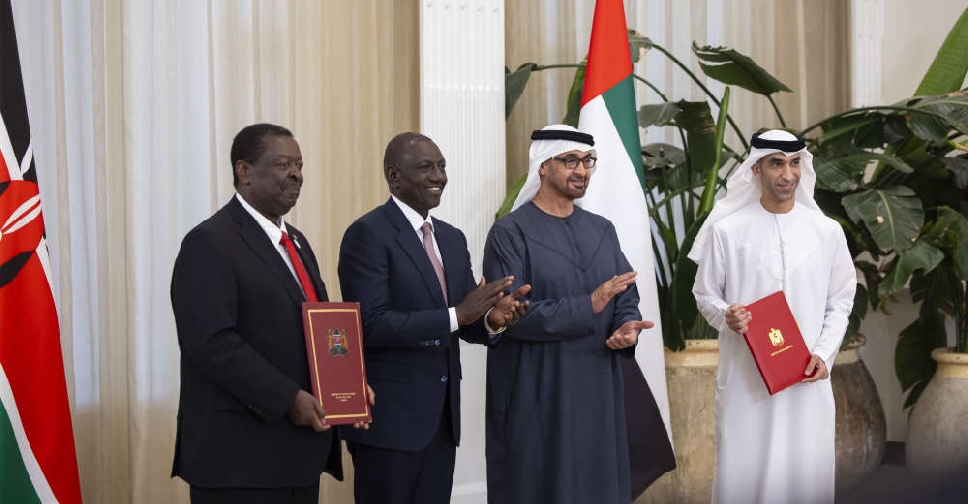 UAE and Kenya sign CEPA deal in Abu Dhabi
UAE and Kenya sign CEPA deal in Abu Dhabi
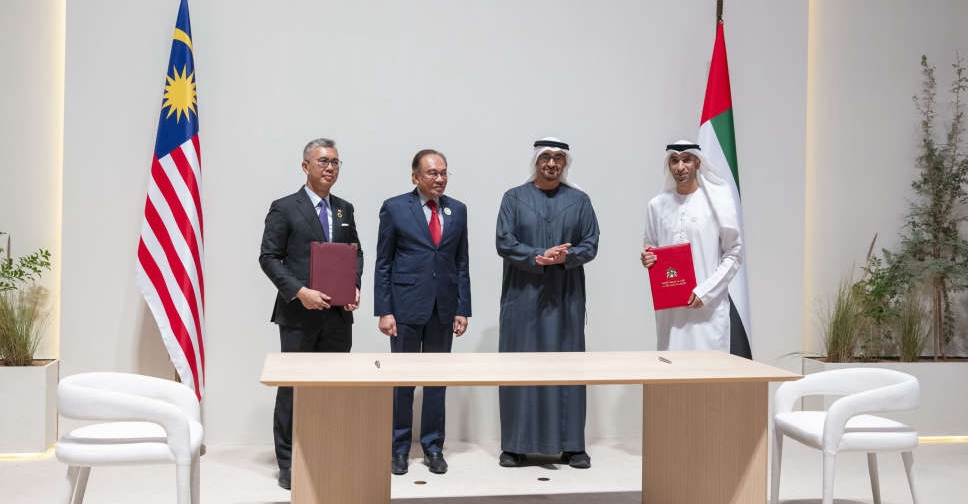 UAE, Malaysia confirm CEPA to deepen trade, investment ties
UAE, Malaysia confirm CEPA to deepen trade, investment ties
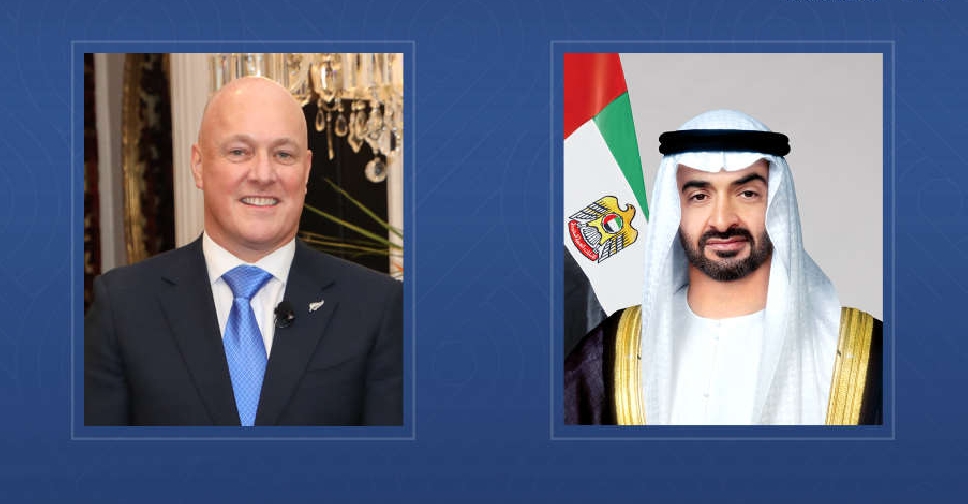 UAE, New Zealand CEPA formally signed
UAE, New Zealand CEPA formally signed
 UAE, Uruguay to join forces in clean energy, climate action
UAE, Uruguay to join forces in clean energy, climate action
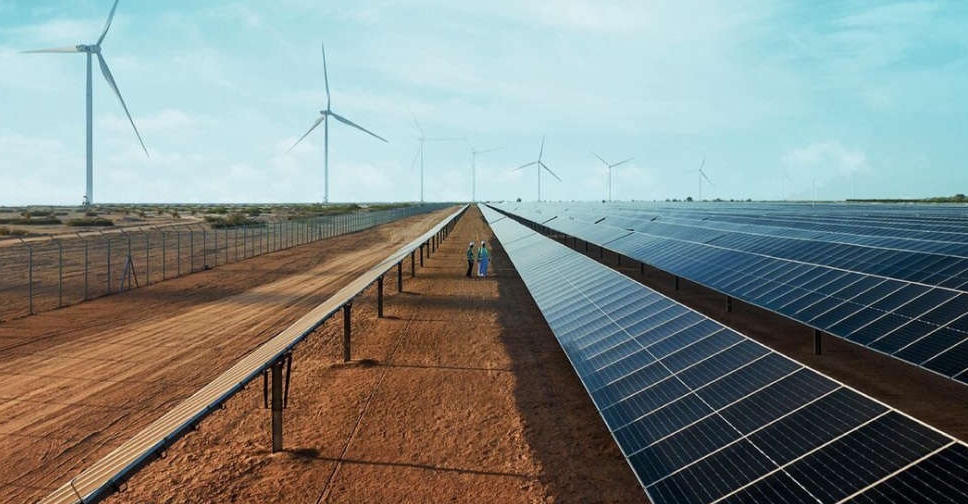 Masdar launches facility to produce 1GW of uninterrupted renewable energy
Masdar launches facility to produce 1GW of uninterrupted renewable energy




